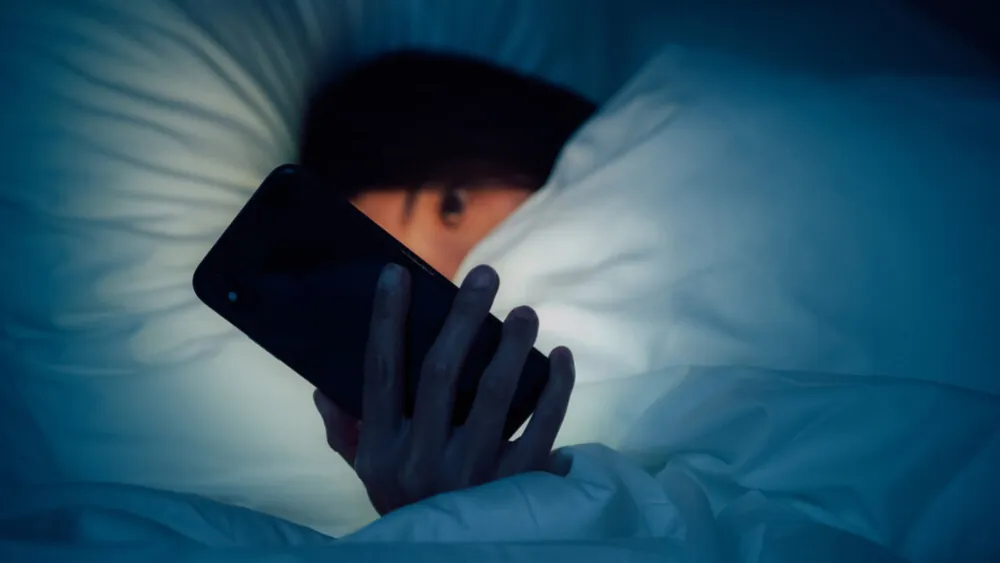




Today's Medicine
The Rise of Sleep Aids: Why Other Solutions Matter When Seeking Some Shut-Eye
Published: March 8, 2023

Although sleep doesn’t come easily for everyone, it’s vital to everyone’s health. And if you often find yourself reaching for a pill, powder or potion to help you catch your nightly Z’s, you’re in the same camp as more than 20 million Americans.
But are sleep aids safe? Effective? Habit-forming? Are there other alternatives? Here’s what you need to know in search for some shut-eye.
Consistency and Quality Matter
When it comes to sleep, consistency and quality matter. Research suggests that even those whose sleep varies by as little as two hours from night to night could be at higher risk for heart disease. And over time, a lack of sleep can increase your risk for other serious health issues, including diabetes and depression.
If that’s not enough, getting good, consistent sleep can:
- Boost your mood and motivation
- Decrease your stress and anxiety
- Help keep your weight in check
- Improve your physical and mental performance
- Strengthen your immune system
Not a Long-Term Solution
While sleep aids – including prescription-based medications and over-the-counter (OTC) supplements – can be effective for occasional sleepless nights, many of them come with some risk, including:
- Allergic reactions
- Changes in thoughts and behavior
- Dependency
- Dizziness
- Falls or other injuries
- Medication interactions
- Memory and performance issues
- Next-day grogginess and fatigue
- Worsening of certain health conditions
There’s limited evidence on the safety and efficacy of long-term sleep aid use, and daily use may be linked to a higher risk of mortality. It’s best to talk to your provider before adding any medication or supplement to your nightly routine. And don’t forget: There are other, often more effective long-term solutions for better sleep.
Lifestyle Changes Are Key
Many people don’t realize that they can set themselves up for better sleep starting from the moment they wake up.
By swapping out your morning cup of coffee for herbal tea with little to no caffeine, and by moving your workout to the morning or midday – especially if you tend to squeeze it in after work or before bed – you may notice a significant difference in how early in the evening you begin to feel tired.
Here are some other tips for better sleep:
- Aim to go to bed at the same time or close to the same time each night – even on the weekends. Again, consistency matters.
- Ensure that your room is quiet, dark, relaxing and at a comfortable temperature when you sleep. Adding some white noise or a fan can also be helpful.
- Remove all electronics – computers, tablets and even your phone – from the bedroom, and avoid using them at least 30 minutes before calling it a night.
- Try meditating, reading or tapping into your spirituality before bed.
While it’s advised to avoid alcohol and large meals before hitting the sack, a little nighttime snack might be all you need to wind down. Certain foods and beverages may help promote better sleep, including:
- Avocados
- Kiwi
- Malted milk
- Nuts – especially pistachios and walnuts
- Tart cherry juice
When it comes to snoring, other lifestyle changes – such as losing weight, using nasal snoring strips or sleeping on one side – can help. Of course, talk to your provider if you think your snoring warrants testing to rule out obstructive sleep apnea.
Methodist Sleep Services
Again, medications and OTC sleep aids can be beneficial in the short term (four weeks or less), but they need to be coupled with lifestyle choices that create a solid foundation for quality sleep and health.
If you feel like you’re doing everything right but can’t seem to shake the sleep aid habit, Methodist’s sleep services can help. Talk to your provider about getting a referral today.
More Resources
- Find a primary care provider.
- Learn more about Methodist’s sleep services.

